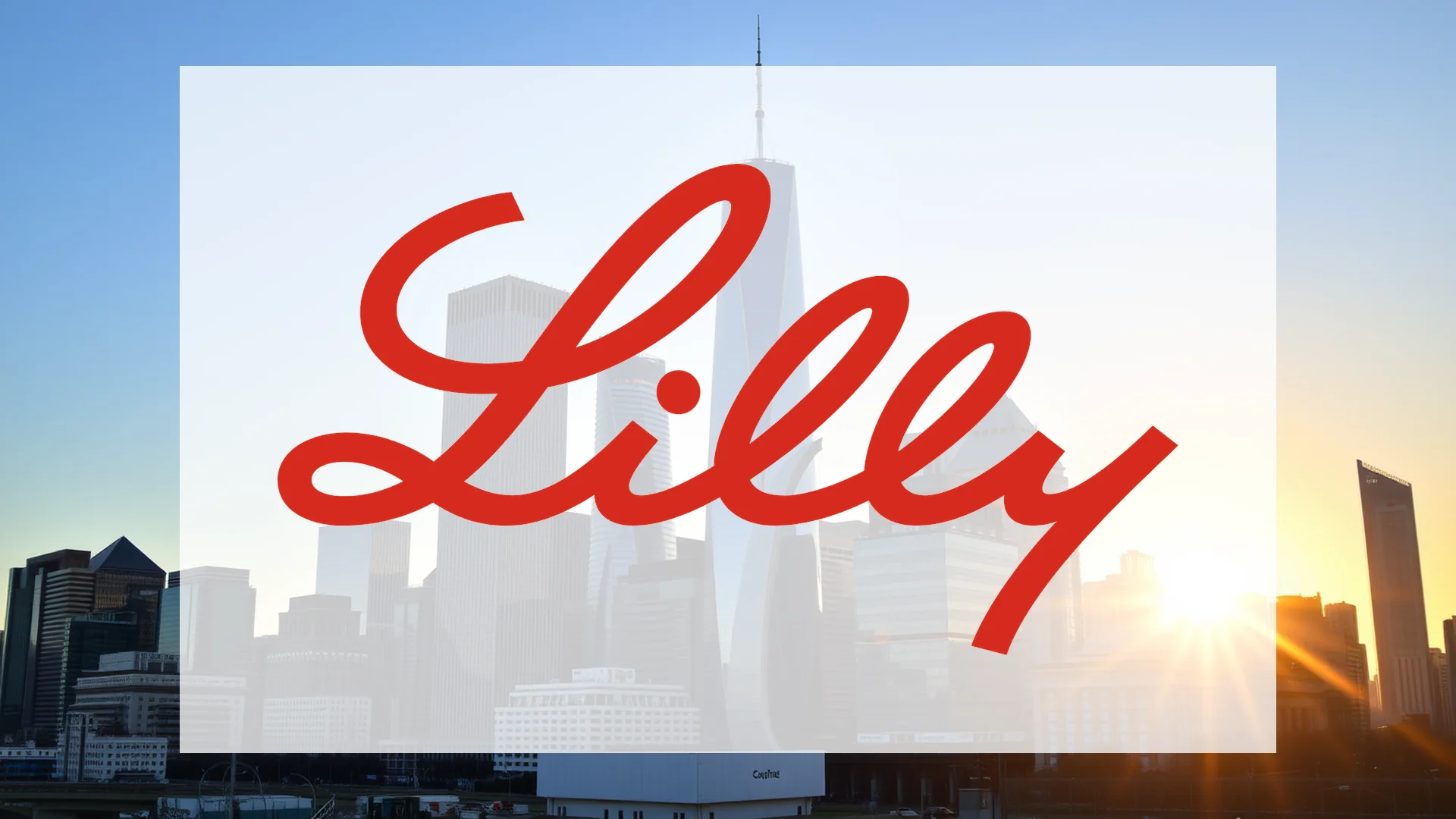Eli Lilly finds itself navigating contrasting fortunes as the pharmaceutical giant simultaneously celebrates a major regulatory victory while confronting an unexpected clinical trial termination. This divergence highlights the complex reality of drug development, where breakthrough approvals can be quickly tempered by research disappointments.
Strategic Shift in Obesity Drug Pipeline
Investors reacted with concern following Lilly’s unexpected decision to discontinue a closely-watched mid-stage study of Bimagrumab. The experimental treatment was designed to address muscle loss, a known side effect of the company’s blockbuster weight-loss drug Zepbound. Company officials cited “strategic business reasons” for halting development, leaving market participants questioning whether competitive pressures in the lucrative obesity medication space are intensifying. The announcement triggered noticeable downward pressure on the company’s share price.
Oncology Division Secures Significant FDA Approval
Counterbalancing the clinical setback, Eli Lilly’s cancer treatment portfolio received substantial validation with FDA clearance for Inluriyo. This newly approved therapy targets advanced breast cancer patients with specific genetic mutations who haven’t responded to conventional hormone treatments. Clinical trial results demonstrated compelling efficacy, with the drug reducing risk of disease progression or death by 38%. The treatment extended progression-free survival from 3.8 to 5.5 months. Priced at $22,500 for a 28-day supply, Inluriyo positions Lilly advantageously in a high-value therapeutic area with significant unmet medical needs.
Should investors sell immediately? Or is it worth buying Eli Lilly?
Global Growth Initiatives Maintain Momentum
Despite the Bimagrumab discontinuation, Eli Lilly continues advancing its international expansion strategy. Particularly noteworthy are plans to introduce experimental weight management medication Orforglipron in India. This oral formulation could prove transformative in the massive market where many patients decline injectable treatments. With anticipated FDA approval later this year and billions allocated toward manufacturing capacity expansion, the company maintains focus on long-term growth objectives beyond immediate clinical developments.
Investment Outlook and Upcoming Catalysts
The fundamental question for investors remains whether Eli Lilly’s diverse pipeline—spanning Alzheimer’s therapies in Europe to innovative cancer treatments—can sufficiently offset strategic setbacks. The upcoming earnings conference scheduled for October 30 is expected to provide crucial insights regarding these competing dynamics. Until then, Eli Lilly shares reflect the pharmaceutical sector’s inherent volatility: offering substantial potential through medical innovations while remaining susceptible to unexpected research developments.
Ad
Eli Lilly Stock: Buy or Sell?! New Eli Lilly Analysis from February 7 delivers the answer:
The latest Eli Lilly figures speak for themselves: Urgent action needed for Eli Lilly investors. Is it worth buying or should you sell? Find out what to do now in the current free analysis from February 7.
Eli Lilly: Buy or sell? Read more here...










